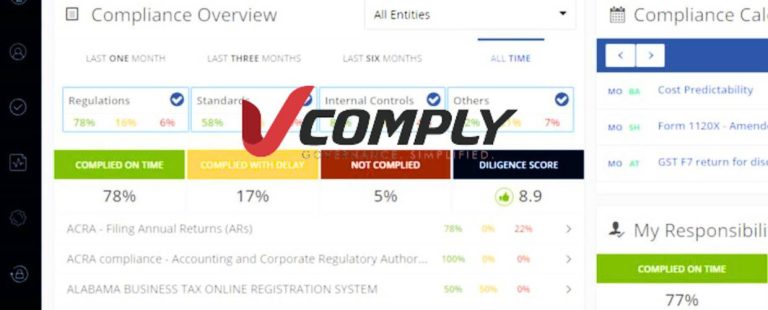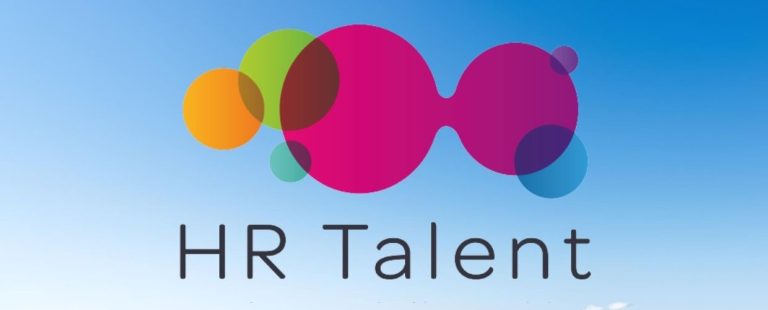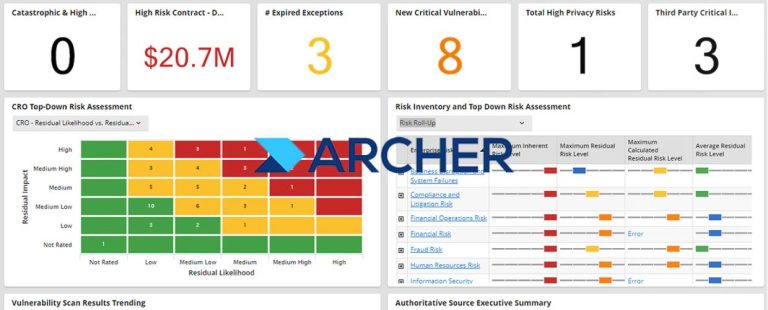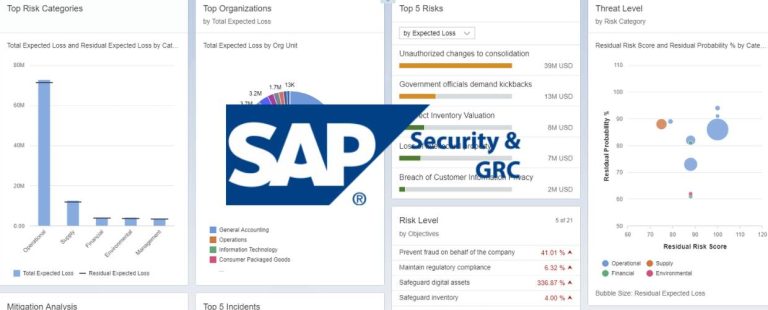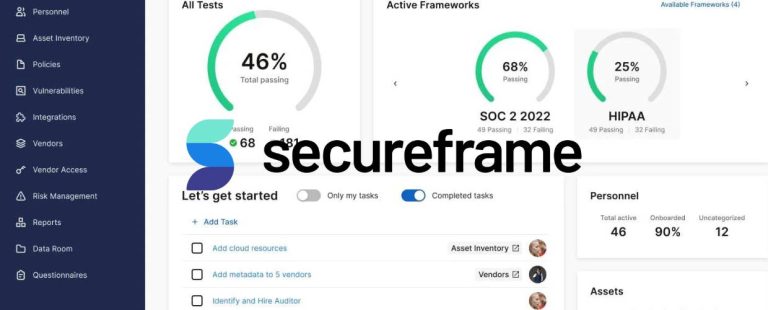In the modern business landscape, Human Resource (HR) departments are critical in maximizing employee potential and driving organizational success. HR performance management is a strategic process that involves setting clear performance expectations, evaluating employee progress, providing constructive feedback, and nurturing professional growth. This article explores the significance of HR performance management, its key components, and its transformative impact on both individual employees and the organization.
The Significance of HR Performance Management
HR performance management is more than just an annual appraisal process; it is an ongoing cycle of communication and development that aligns individual goals with organizational objectives. The following points highlight the significance of HR performance management.
Enhanced Employee Productivity
A well-executed performance management process ensures that employees understand their roles and responsibilities clearly, increasing productivity and efficiency. By setting clear and achievable goals, HR enables employees to focus on the most critical tasks and measure their progress effectively. Regular feedback and performance discussions facilitate course corrections, skill enhancements, and process improvements, ultimately contributing to higher productivity.
Individual Growth and Development
One of the primary objectives of HR performance management is to nurture the growth and development of employees. Through regular performance discussions, managers can identify individual strengths and areas for improvement. Constructive feedback and skill-building initiatives help employees enhance their capabilities and reach their full potential. Personalized development plans tailored to personal aspirations foster a sense of commitment and investment in their professional growth.
Employee Engagement and Satisfaction
Performance management emphasizes regular communication between employees and their managers. When employees receive timely feedback, recognition for their contributions, and support in their professional development, they feel valued and engaged in their work. Engaged employees are more likely to be satisfied with their jobs, leading to higher productivity levels, reduced absenteeism, and increased retention rates.
Talent Retention and Succession Planning
Effective performance management helps identify and nurture top performers within the organization. Recognizing and rewarding high achievers reinforces a culture of excellence and motivates employees to perform at their best. Organizations can reduce turnover rates and maintain a skilled and experienced workforce by focusing on talent retention. Additionally, performance management aids in succession planning by identifying potential leaders and providing targeted development opportunities to groom them for future leadership roles.
Alignment with Organizational Goals
HR performance management ensures that individual employee objectives align with the organization’s strategic goals. When employees understand how their work contributes to the organization’s overall success, they are more likely to be committed to achieving those goals. This alignment strengthens the connection between individual contributions and the organization’s overall success, fostering a sense of purpose and collective effort among employees.
Critical Components of HR Performance Management
One critical component of HR performance management is setting clear employee performance expectations. It ensures everyone is on the same page and working towards the same end goal.
- Goal Setting: Clear, specific, and measurable goals are essential for effective performance management. HR collaborates with employees to set SMART (Specific, Measurable, Achievable, Relevant, and Time-bound) goals that align with the organization’s objectives. Goals should be challenging yet attainable, motivating employees to strive for excellence.
- Continuous Feedback: Regular feedback is a crucial component of performance management. HR facilitates ongoing discussions between employees and their managers to supply constructive feedback, recognize achievements, and address areas for improvement. These discussions should be two-way, allowing employees to share their perspectives and concerns.
- Performance Appraisal: Formal performance appraisals are conducted at specific intervals, such as quarterly or annually, to evaluate employee progress. The appraisal process involves reviewing achievements, identifying development needs, and discussing future goals. Objective and unbiased evaluation criteria are used to ensure fairness.
- Development Plans: Based on performance appraisals, HR works with employees to create individualized development plans. These plans outline skill-building opportunities, training programs, and mentoring initiatives to support employee growth. Development plans should be tailored to each employee’s strengths and improvement areas.
- Recognition and Rewards: Recognizing and rewarding high performance motivates employees and reinforces a culture of excellence. HR ensures that outstanding contributions are acknowledged and appropriately rewarded. Recognition can take various forms, such as verbal praise, monetary rewards, career advancement opportunities, or employee appreciation events.
- Performance Improvement Plans (PIPs): In cases where employees are not meeting performance expectations, HR may develop Performance Improvement Plans (PIPs) to help employees address areas of concern and improve their performance. PIPs should outline specific actions, timelines, and support mechanisms to guide employees’ improvement efforts.
The Impact of HR Performance Management on Organizational Success
HR performance management plays a crucial role in the success of any organization. It allows companies to align employee goals with business objectives, ensuring everyone works towards the same end goal.
- Organizational Alignment: HR performance management ensures employees understand their roles in achieving organizational objectives, fostering a more cohesive and aligned workforce. When individual goals align with the organization’s strategic goals, employees are more likely to work collaboratively toward common objectives.
- Increased Employee Engagement: Engaged employees are more committed to their tasks, improving productivity and reducing turnover rates. The ongoing dialogue between employees and managers in performance management fosters trust and open communication, creating a positive work environment that promotes engagement.
- Enhanced Decision-Making: Regular performance feedback aids managers in making data-driven decisions regarding promotions, training, and succession planning. Objective performance data allows managers to identify high-potential employees, plan talent development initiatives, and allocate resources effectively.
- Continuous Learning Culture: Performance management encourages a culture of continuous learning and development, promoting a growth mindset throughout the organization. Organizations foster a culture that values education and innovation by providing employees with opportunities for skill enhancement and career advancement.
- Improved Customer Satisfaction: Engaged and well-performing employees provide better customer service, increasing customer satisfaction and loyalty. Satisfied customers contribute to the organization’s success by providing positive feedback, repeat business, and referrals.
Conclusion
HR performance management is a dynamic and strategic process that unlocks employees’ full potential while aligning individual goals with organizational objectives. By fostering a culture of continuous improvement, providing constructive feedback, and supporting professional development, HR performance management empowers employees to thrive and contribute to the organization’s success. Moreover, it strengthens the organization’s ability to attract, retain, and nurture top talent, positioning it for sustained growth and achievement in today’s competitive business landscape.
As organizations recognize the transformative impact of HR performance management, they can invest in developing comprehensive performance management frameworks that foster employee growth, enhance productivity, and contribute to achieving strategic goals. By viewing performance management as an ongoing journey rather than a static process, organizations can adapt to changing business needs and continually elevate their performance standards. Ultimately, HR performance management is a powerful tool to maximize employees’ potential, drive organizational success, and create a culture of excellence that sets organizations apart as industry leaders.



